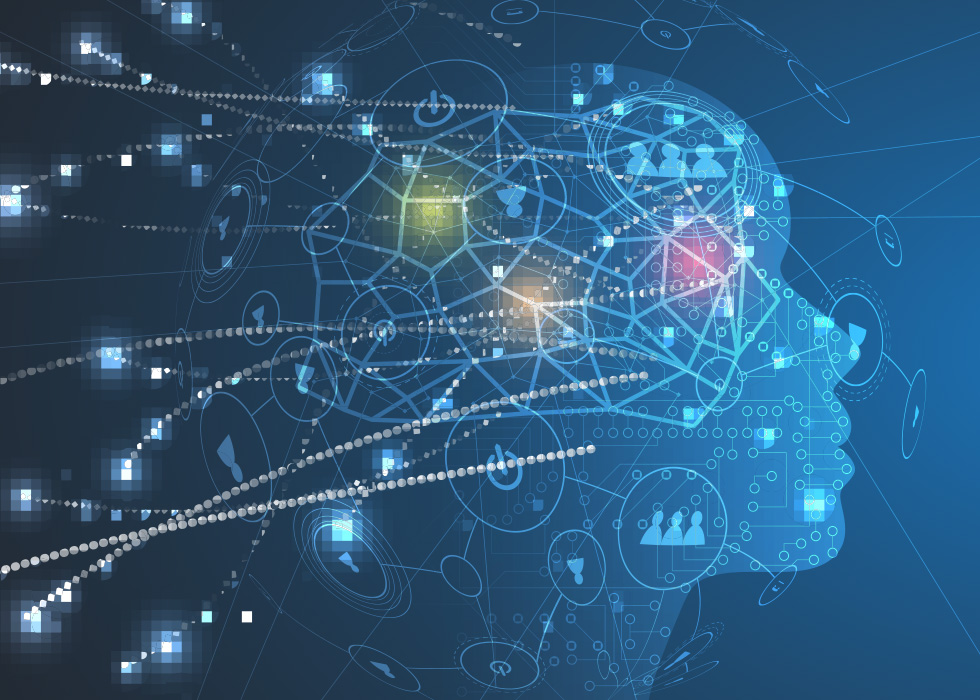
Luck is often described as a mysterious force that can bring good fortune or bad luck into our lives. But what if we told you that luck can be understood and even influenced by science? The study of probability and randomness plays a significant role in understanding the science of luck.
Probability is a mathematical concept that measures the likelihood of a particular event occurring. On the other hand, randomness refers to the lack of pattern or predictability in events. Both of these concepts are critical to understanding the science of luck, as they help us to see how luck can be both random and influenced by our actions.
In this article, we will dive into the science of luck, exploring the definitions of probability and randomness, their relationship, and how they impact our luck. We will also provide practical tips on how to use this knowledge to improve your luck and bring positive experiences into your life. Whether you believe in luck or not, understanding the science of luck can help you gain a better understanding of the world and the role that chance plays in our lives.
Summary of Key Points:
- The science of luck involves understanding the interplay between probability and randomness.
- A positive attitude and embracing opportunities can increase the chances of experiencing good luck.
- Preparation and hard work also play a crucial role in determining outcomes.
- Balancing probability and randomness when making decisions can create a more balanced and fulfilling life.
- The science of luck can help individuals make informed and intentional decisions and increase their chances of experiencing good luck.
- Embracing the habits of highly lucky people and applying the principles of probability and randomness can lead to a life full of opportunities and positive outcomes.
Understanding Probability
Definition of Probability
Probability is a mathematical concept that measures the likelihood of a particular event occurring. It is expressed as a number between 0 and 1, with 0 representing an impossible event and 1 representing a certain event. For example, if you flip a coin, the probability of getting heads is 0.5, as there is an equal chance of either heads or tails occurring.
The Probability Formula
The probability formula is expressed as the number of favorable outcomes divided by the number of total possible outcomes. For example, if you have a deck of cards, the probability of drawing an Ace is 4/52, as there are 4 Aces in a deck of 52 cards.
Examples of Probability in Everyday Life
Probability is a concept that we encounter in our daily lives, from playing games of chance to predicting the weather. For example, the probability of rolling a 6 on a dice is 1/6, as there is only one favorable outcome (rolling a 6) out of 6 possible outcomes. In another example, the probability of winning a lottery is determined by the number of tickets sold and the number of winners, with a lower probability indicating a lower chance of winning.
By understanding the concept of probability, we can make informed decisions based on the likelihood of a particular outcome occurring. This can help us to understand the role that chance plays in our lives and make better decisions in the future.
Understanding Randomness
Definition of Randomness
Randomness refers to the lack of pattern or predictability in events. In other words, random events are those that cannot be predicted or controlled. This can include things like the roll of a dice, the flip of a coin, or the order in which cards are drawn from a deck.
The Importance of Randomness
Randomness plays an important role in our lives, as it helps to ensure fairness in games of chance and gives us the opportunity to experience new and unexpected outcomes. It also helps to keep life interesting and exciting, as we never know what might happen next.
The Paradox of Randomness
Despite its importance, randomness can also be a source of frustration and disappointment, as it can result in negative outcomes that we did not expect or want. This is known as the paradox of randomness, as we both rely on and resist the unpredictability of random events.
By understanding the concept of randomness and its relationship to probability, we can better appreciate the role that chance plays in our lives and make decisions that are more informed and intentional. Whether we view random events as positive or negative, it is important to recognize their impact and make the most of the opportunities that they present.
The Relationship Between Probability and Randomness
The Interplay of Probability and Randomness
Probability and randomness are closely related concepts that work together to determine the outcomes of events. Probability provides a measure of the likelihood of a particular outcome occurring, while randomness ensures that the outcome is unpredictable and cannot be controlled.
The Effect of Probability on Randomness
Probability can have a significant impact on the outcomes of random events. For example, if the probability of winning a lottery is low, the chances of winning are reduced, even though the outcome is still determined by chance. Conversely, if the probability of an event is high, the chances of it occurring are increased, making it more likely that a positive outcome will result.
The Impact of Randomness on Probability
Randomness can also impact the calculation of probability. For example, if a deck of cards is shuffled multiple times, the order of the cards will be different each time, affecting the calculation of probability for any given event. This highlights the importance of considering both probability and randomness when making decisions and evaluating the outcomes of events.
In conclusion, the relationship between probability and randomness is complex and interdependent, with each concept having a significant impact on the other. By understanding this relationship, we can better appreciate the role that chance plays in our lives and make decisions that are more informed and intentional.
Applying the Science of Luck to Real Life
The Power of Positive Thinking
By adopting a positive attitude and embracing the opportunities that random events present, we can increase our chances of experiencing good luck. Believing in ourselves and having faith in the universe can also help to attract positive outcomes and create a sense of well-being.
The Importance of Preparation
Although luck can play a role in our lives, it is important to remember that preparation and hard work can also have a significant impact on our success. By putting in the time and effort to develop our skills and knowledge, we can increase the chances of experiencing positive outcomes and make the most of our opportunities.
Balancing Probability and Randomness
In order to make the most of both probability and randomness, it is important to find a balance between taking calculated risks and embracing the unpredictability of life. By considering both factors when making decisions, we can reduce the impact of negative outcomes and increase our chances of success.
Conclusion
The science of luck provides us with a deeper understanding of the interplay between probability and randomness in our lives. By embracing a positive attitude, staying open-minded, and taking calculated risks, we can increase our chances of experiencing good luck and make the most of the opportunities that come our way.
However, it is important to remember that luck is just one factor in the equation, and that hard work and preparation also play a crucial role in determining the outcomes of events. By considering both probability and randomness when making decisions, we can create a more balanced and fulfilling life that is less dependent on chance.
In conclusion, the science of luck can help us to appreciate the role that chance plays in our lives and to make decisions that are more informed and intentional. By embracing the habits of highly lucky people and applying the principles of probability and randomness, we can increase our chances of experiencing good luck and create a life that is full of opportunities and positive outcomes.
Law of Attraction Hypnosis Downloads
Take a look at our self-hypnosis downloads related to the Law of Attraction.



